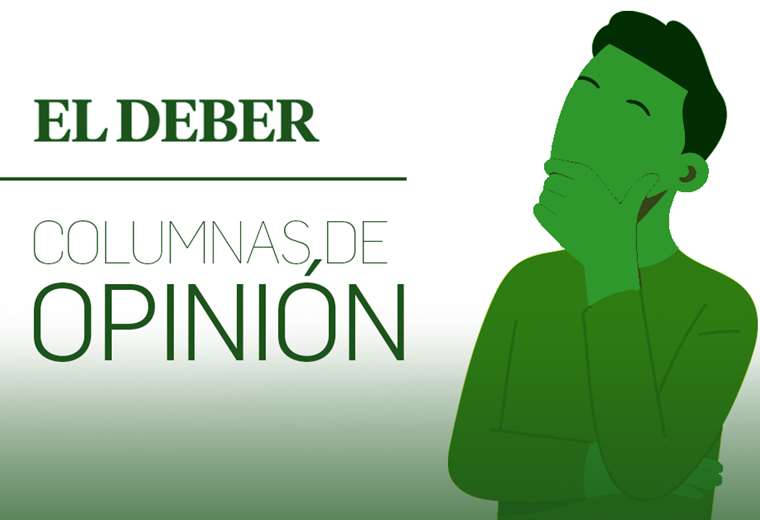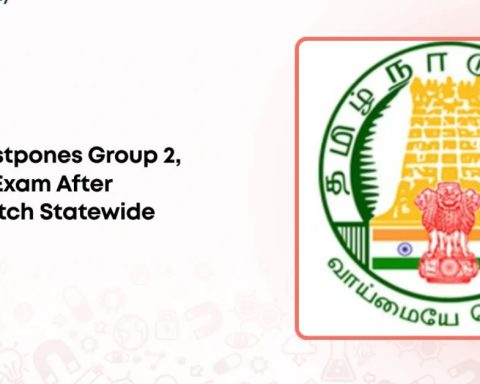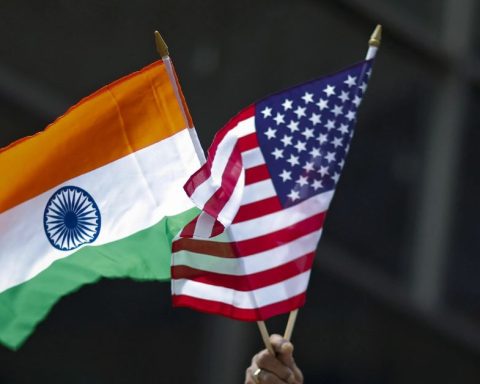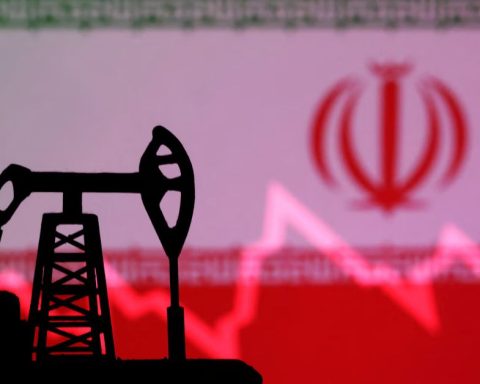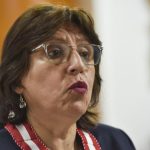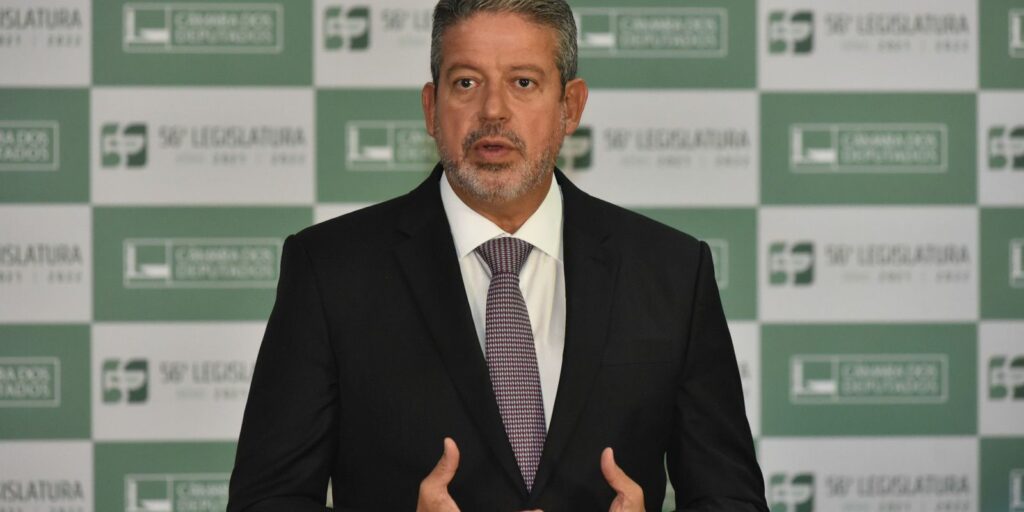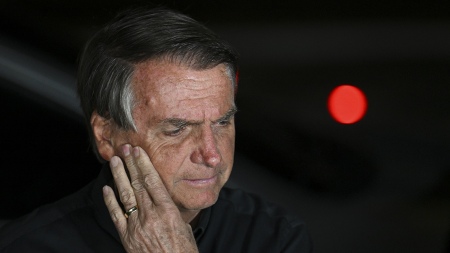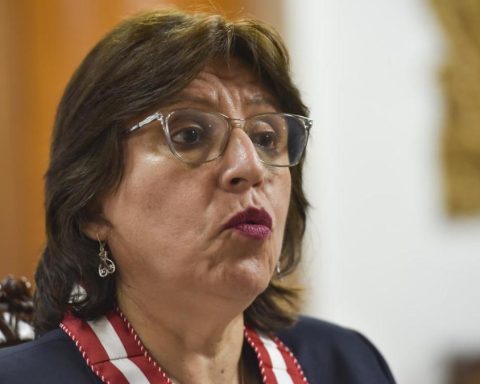October 31, 2022, 4:05 AM
October 31, 2022, 4:05 AM
In just a few days, the presidents of Chile, Colombia and Peru have had very low approval ratings among citizens, much lower than the votes they received when they were elected.
Among the strange things that the world’s democracies are experiencing now, these changes in the opinion of voters in our region show something new. If they were given a second chance to vote, they would vote differently.
This is true, it is true, in countries where surveys are allowed, something that is very different where they are prohibited, such as Russia, China, Cuba, Venezuela and Nicaragua.
But in those countries where polls cannot measure people’s preferences, citizens have chosen to show their opinions in very imaginative ways.
In Russia, soldiers have chosen to desert, either before being taken to the battlefront or, already there, handing over their weapons and tanks to the enemy; in Iran the citizens have decided to repudiate the murderous regime in the streets and in Cuba, Nicaragua and Venezuela, the protests are in the streets although brutally repressed by mercenaries of each of those political oligarchies.
In Bolivia, the 55% that Luis Arce boasts of having achieved in 2020 is denied in the streets, waiting for elections to be held without fraud, which will surprise the owners of the “change process.”
About fraud, there is a little known detail, apart from the 27 observations made by the OAS in 2019 and the million and more ghost voters registered by Venezuelans. The Cubans administer what could be called the “hidden external vote.”
Citizens living abroad who don’t register to vote there end up voting anyway, even if they don’t know it. Of all the Bolivians who send remittances but do not vote, close to a million vote without knowing it.
A friend who has lived abroad for 17 years had to renew his passport and found out that he voted in the last election. They gave him the name of the school where he voted and he didn’t want to ask who he voted for, because he suspected it.
This Cuban method is applied in other countries, such as Peru, where the operators have control of the institution in charge of the identity cards, which are at the same time the ones used in the electoral register, which does not happen in Bolivia.
Democracy, in short, has been violated. Socrates and Aristotle already suspected it when they observed that even people who do not want to or do not know what a republic is voting vote.
